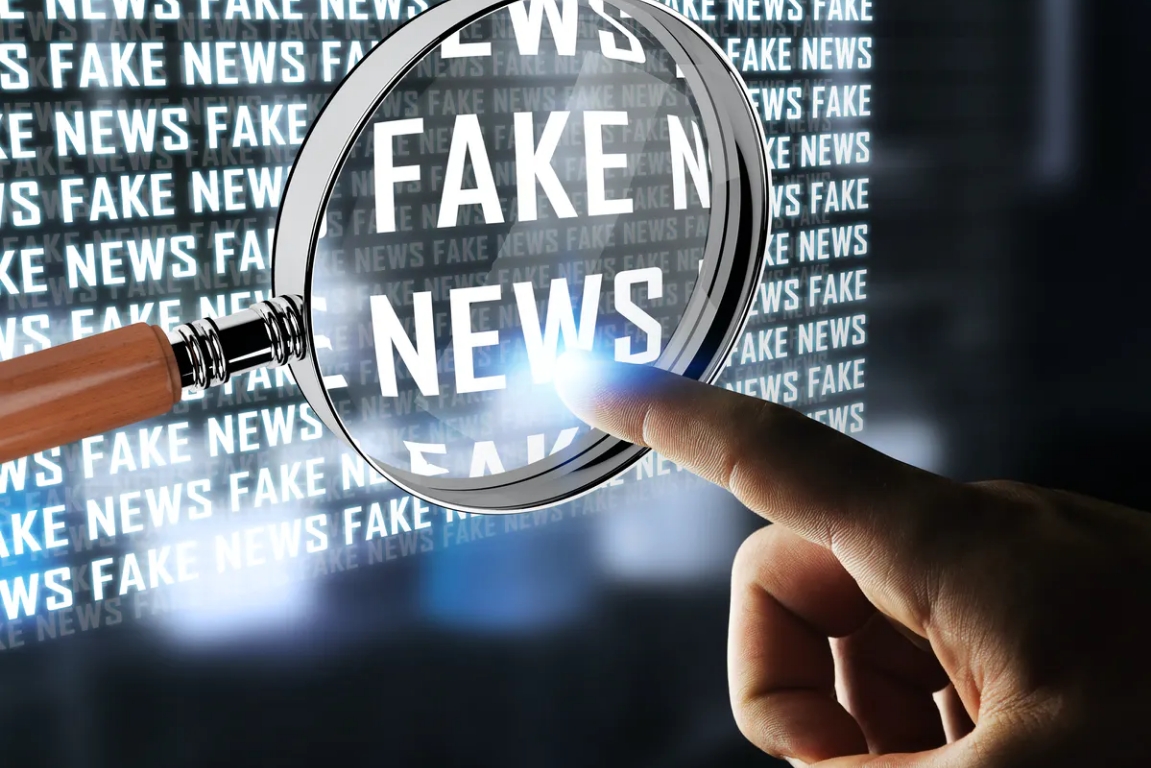
How do fake news articles impact your reputation?
In the age of information, where news travels at the speed of a click and social media serves as a primary source of updates, the emergence of fake news has become a concerning phenomenon. Beyond its immediate consequences on public perception, fake news articles can have a profound and lasting impact on an individual’s or organization’s reputation. Understanding how these false narratives unfold and influence reputations is crucial in navigating the complex landscape of misinformation.
Swift Spread of Misinformation
Fake news often thrives on the rapid dissemination facilitated by social media platforms. A misleading or entirely false article can gain traction within minutes, reaching a wide audience before fact-checkers have a chance to intervene. This swift spread contributes to the rapid erosion of trust, as readers may unknowingly accept misinformation as truth.
Damage to Credibility and Trustworthiness
One of the most immediate and significant impacts of fake news on reputation is the damage to credibility and trustworthiness. When individuals or organizations are implicated in false narratives, the public’s trust, once earned through genuine efforts and accomplishments, can be eroded. Rebuilding this trust becomes a challenging uphill battle, as skepticism and doubt linger even after the truth is revealed.
Impact on Professional and Personal Relationships
Fake news can also strain professional and personal relationships. Individuals associated with false information may face strained collaborations, damaged partnerships, and fractured personal connections. Colleagues, clients, and friends may distance themselves, unsure of what to believe and hesitant to be associated with someone or something under the cloud of misinformation.
Business and Financial Ramifications
For businesses, the consequences of fake news can extend beyond reputational damage to financial ramifications. Consumers who once supported a brand may withdraw their loyalty, impacting sales and revenue. Additionally, investors and stakeholders may reassess their associations with a business, potentially leading to a decline in stock value and overall financial stability.
Reputational Recovery
In severe cases, false information propagated through fake news can lead to legal consequences. Individuals or organizations falsely accused may pursue legal action to defend their reputation and seek restitution for damages. However, the legal process is often time-consuming and may not fully repair the reputational harm suffered.
Preventative Measures and Mitigation
In an era where misinformation is prevalent, individuals and organizations must adopt preventative measures and mitigation strategies to safeguard their reputations. Proactive engagement on social media, transparent communication, and a commitment to truth and authenticity are crucial in building a resilient reputation. Additionally, monitoring online content and promptly addressing false information can help minimize fake news’s impact on reputation.
As we navigate the challenges posed by fake news, it’s essential to recognize its potential to impact reputations profoundly. Vigilance, transparency, and a commitment to truth become indispensable tools in mitigating the effects of misinformation. By understanding the ripple effect of fake news and taking proactive steps to counteract its influence, individuals and organizations can better protect and preserve their hard-earned reputations in the digital age.
 +1 9514005786
+1 9514005786